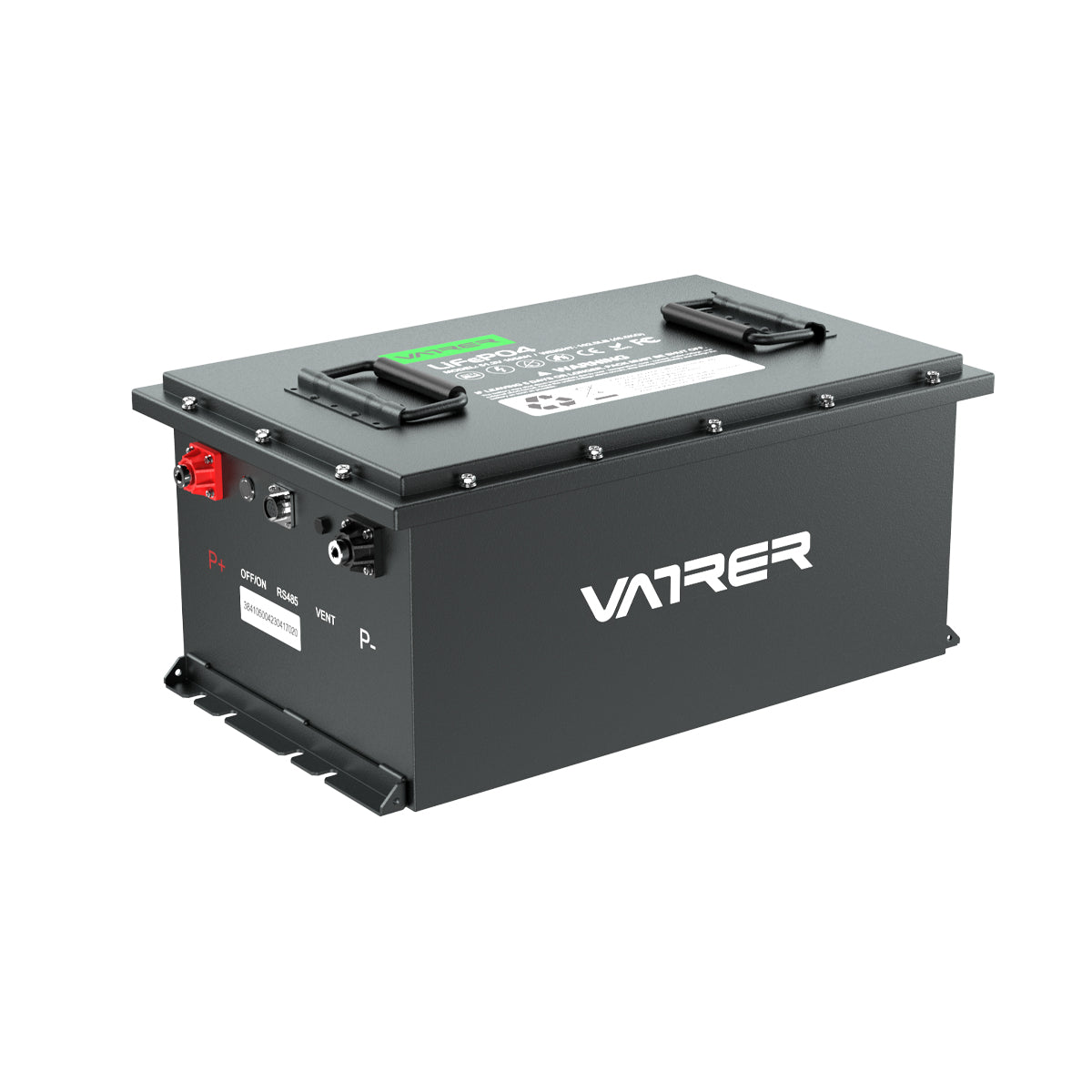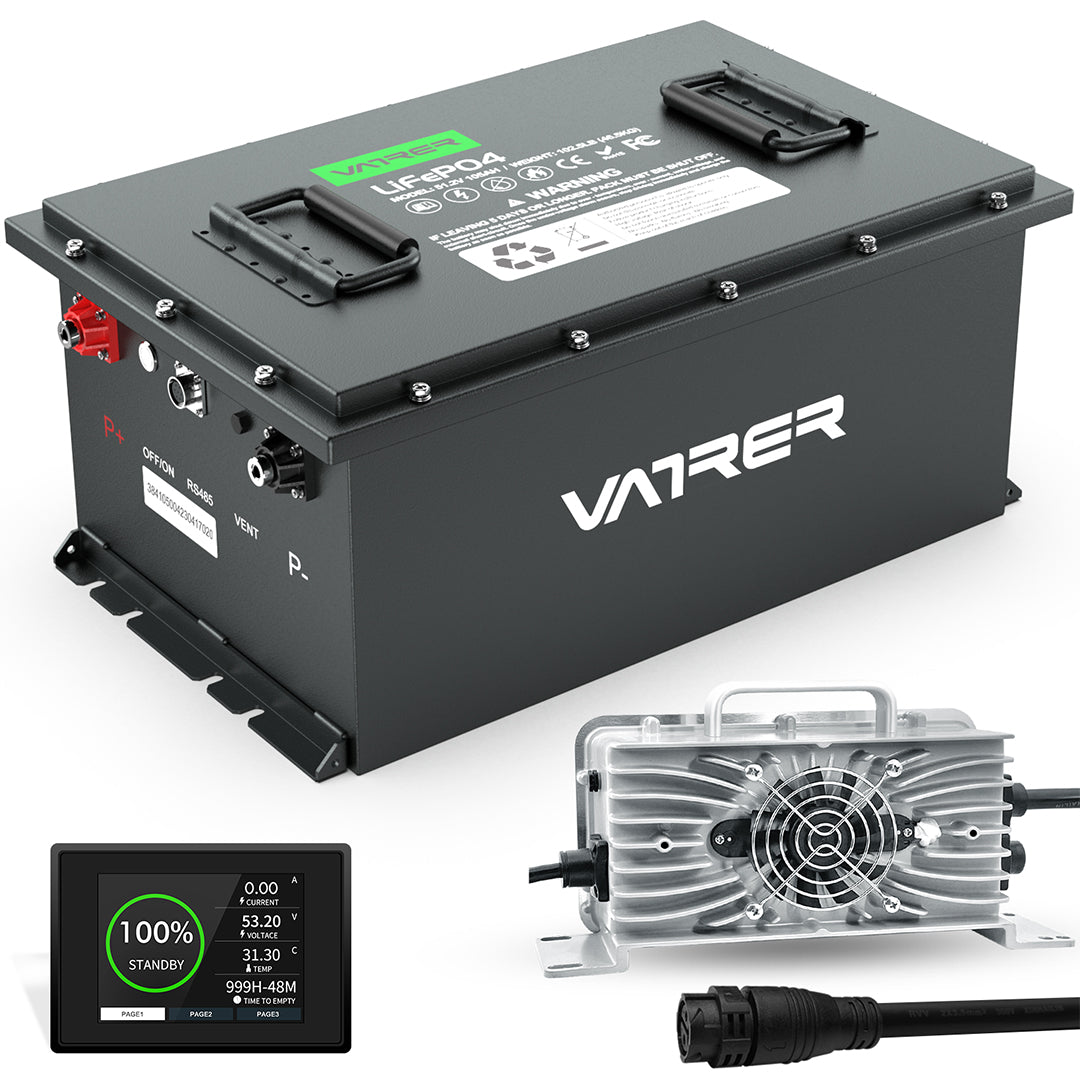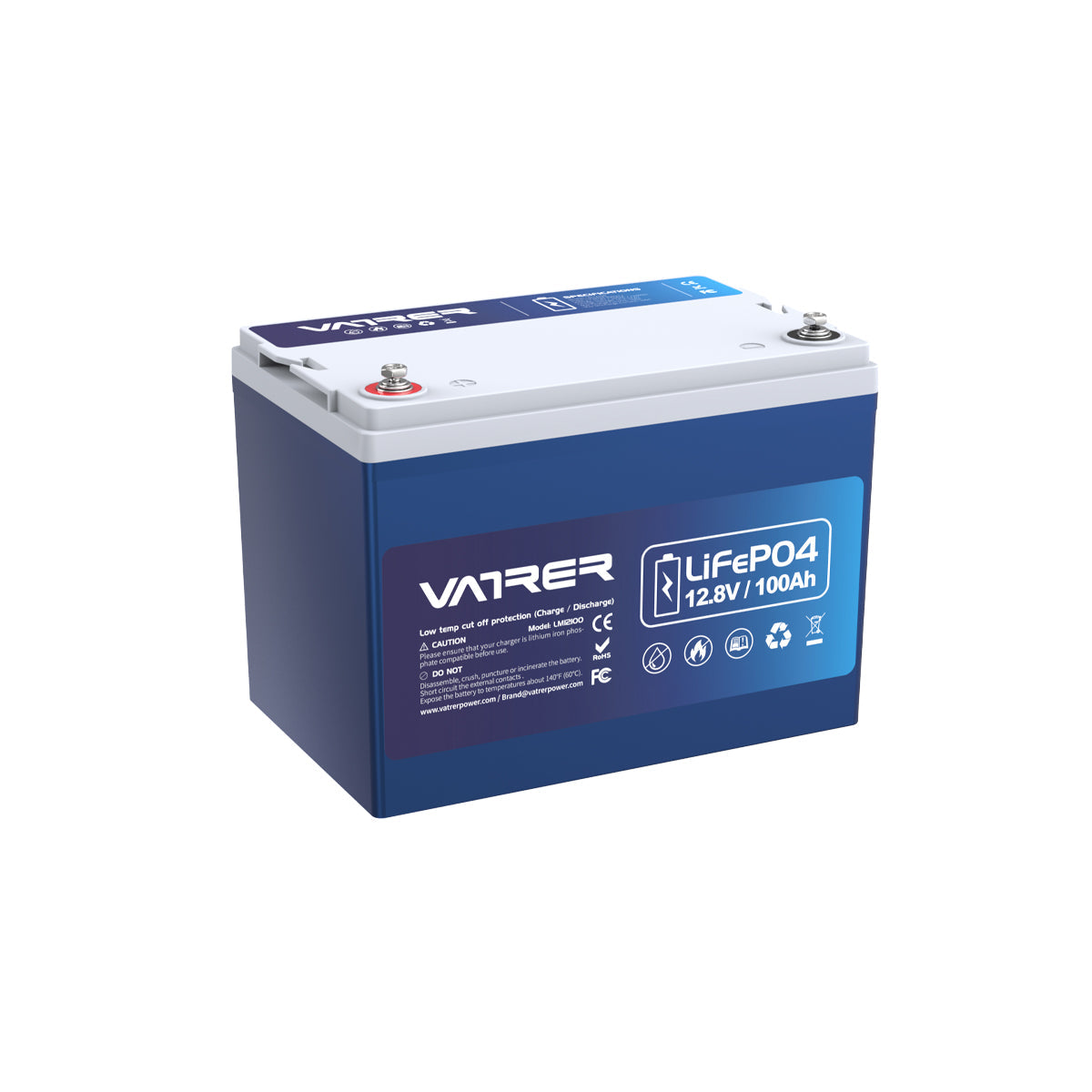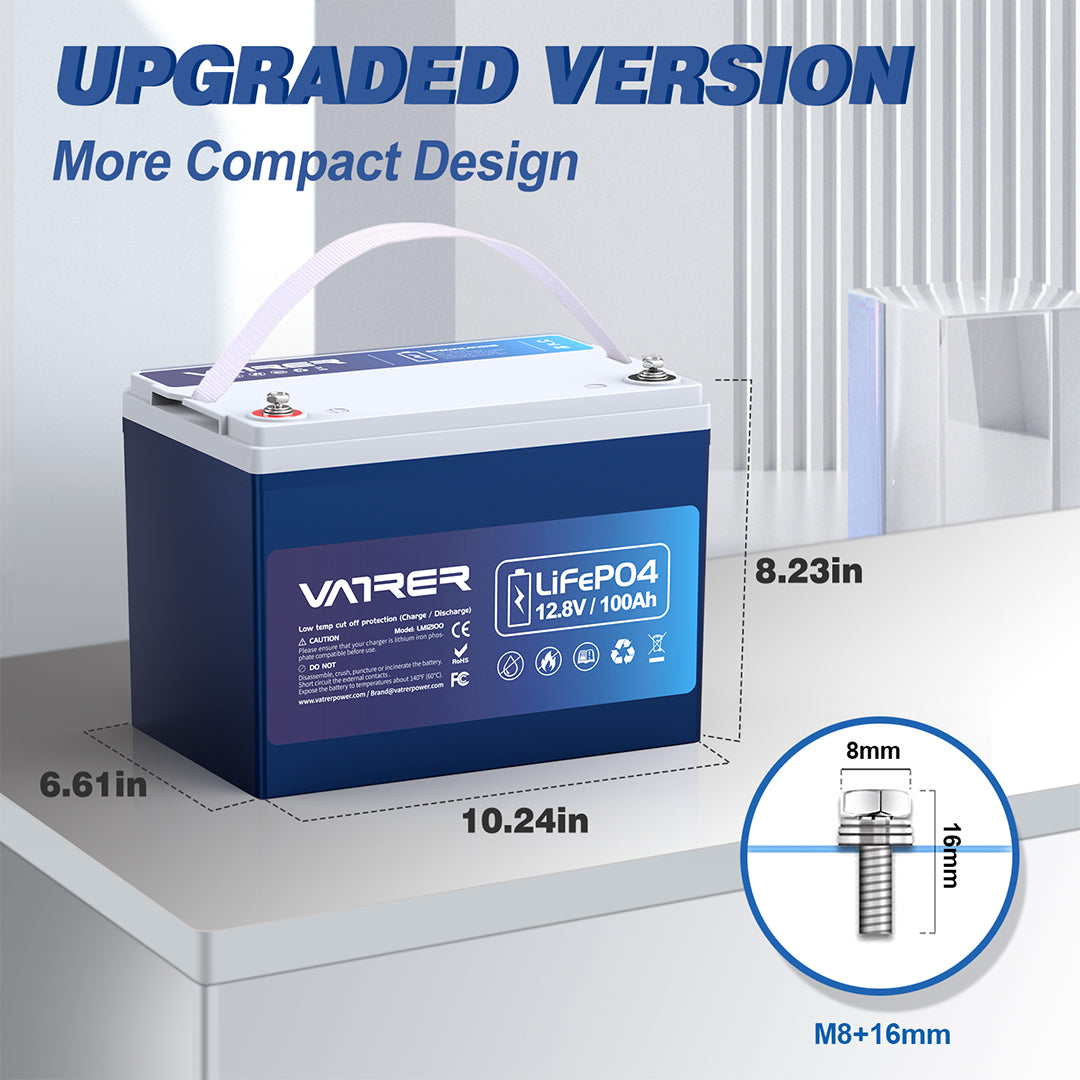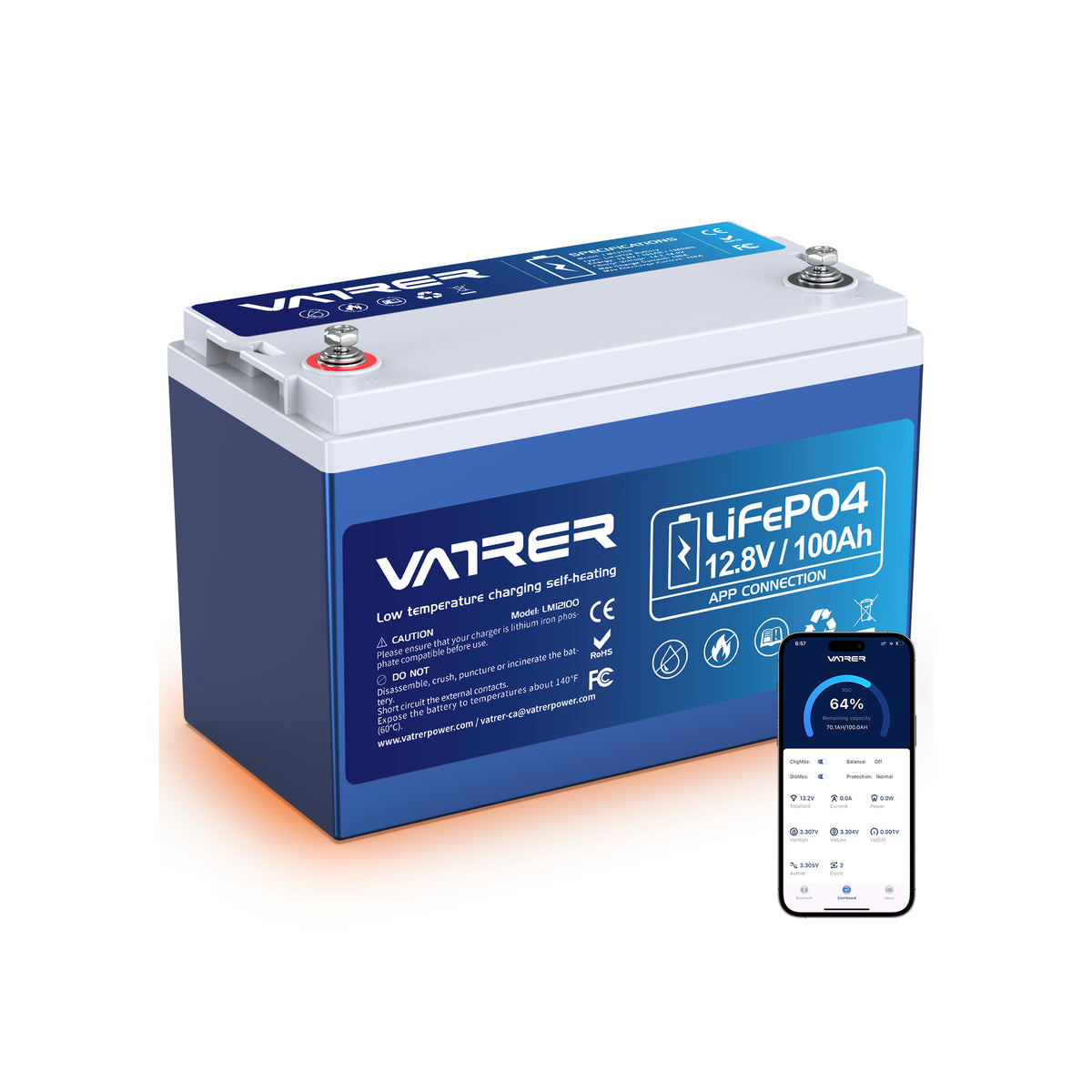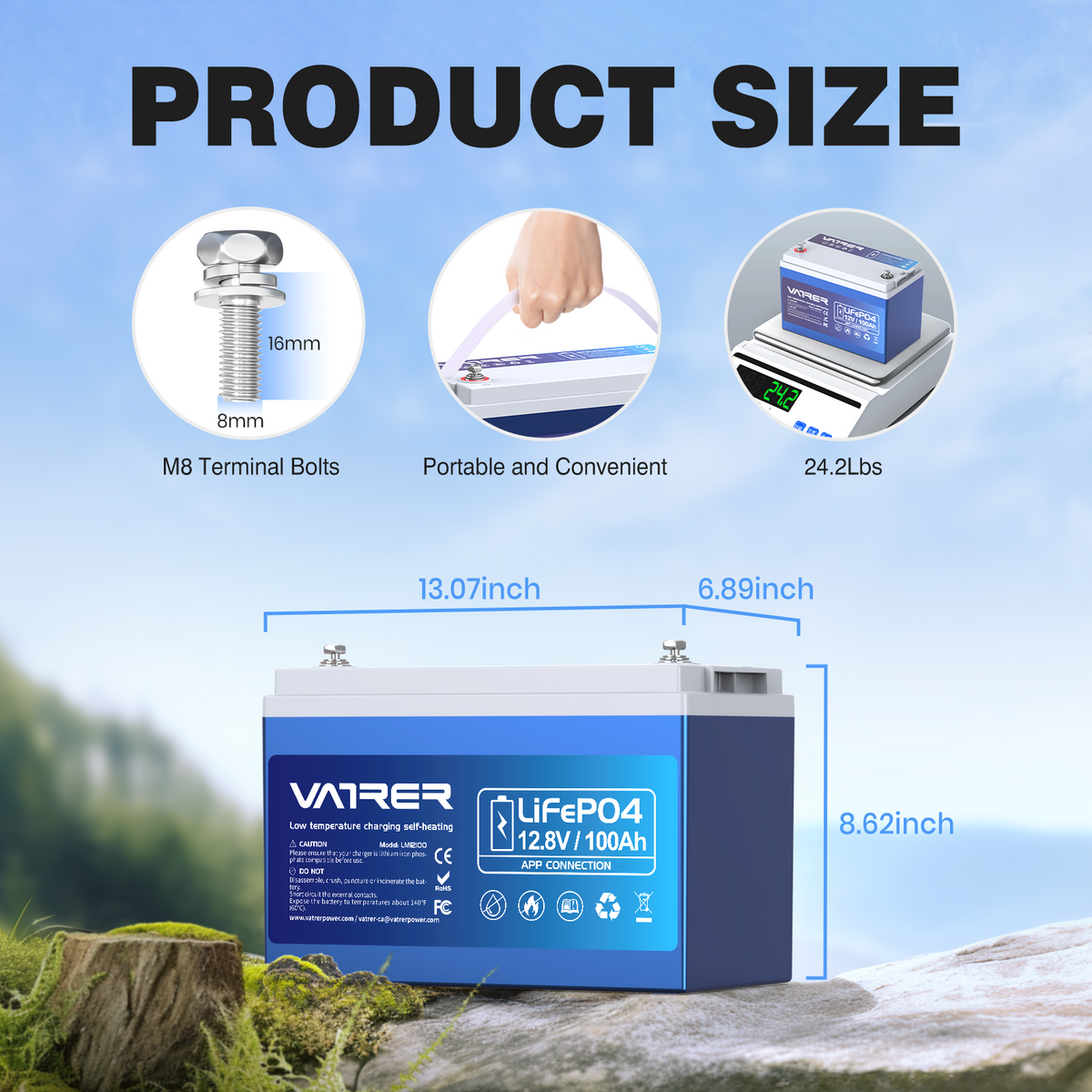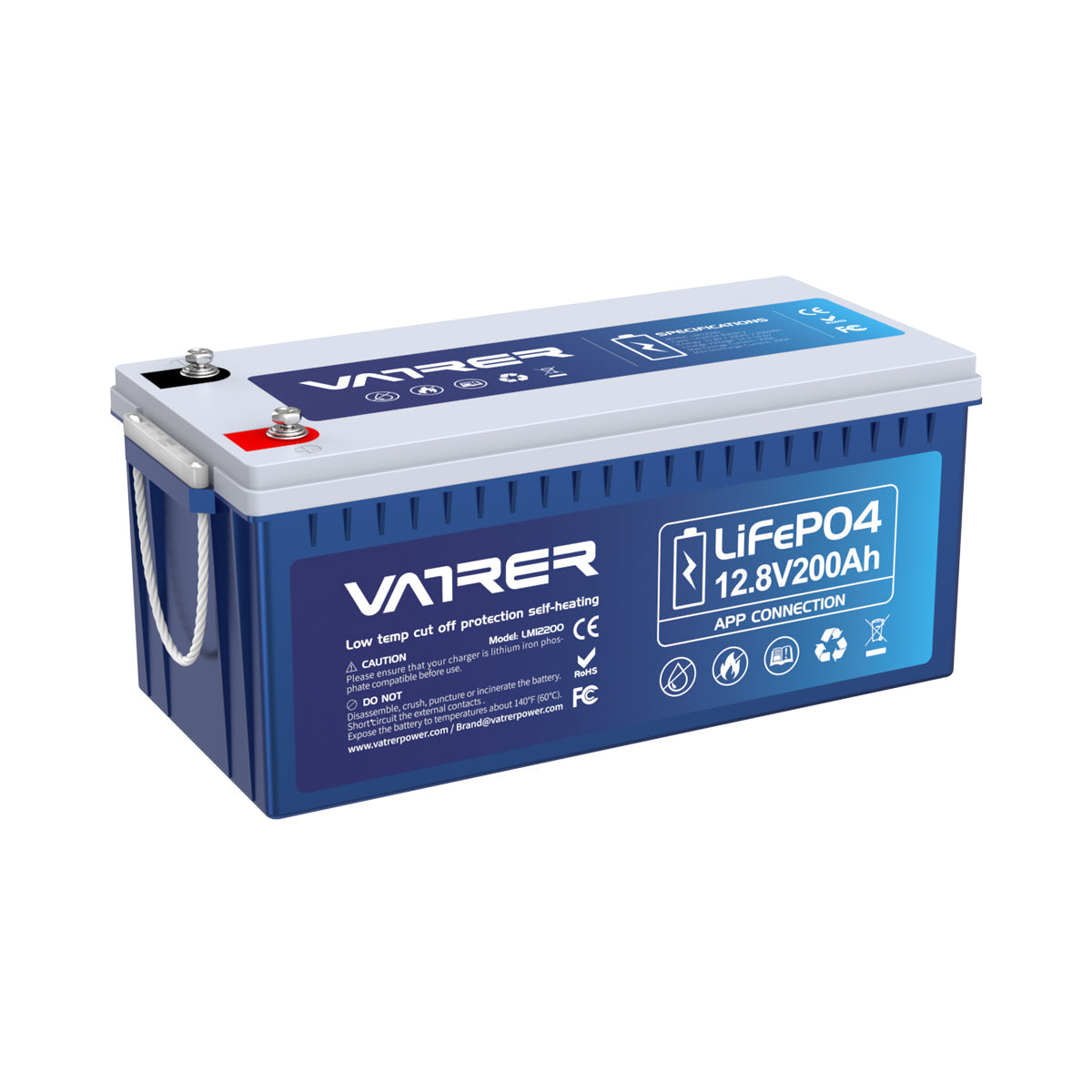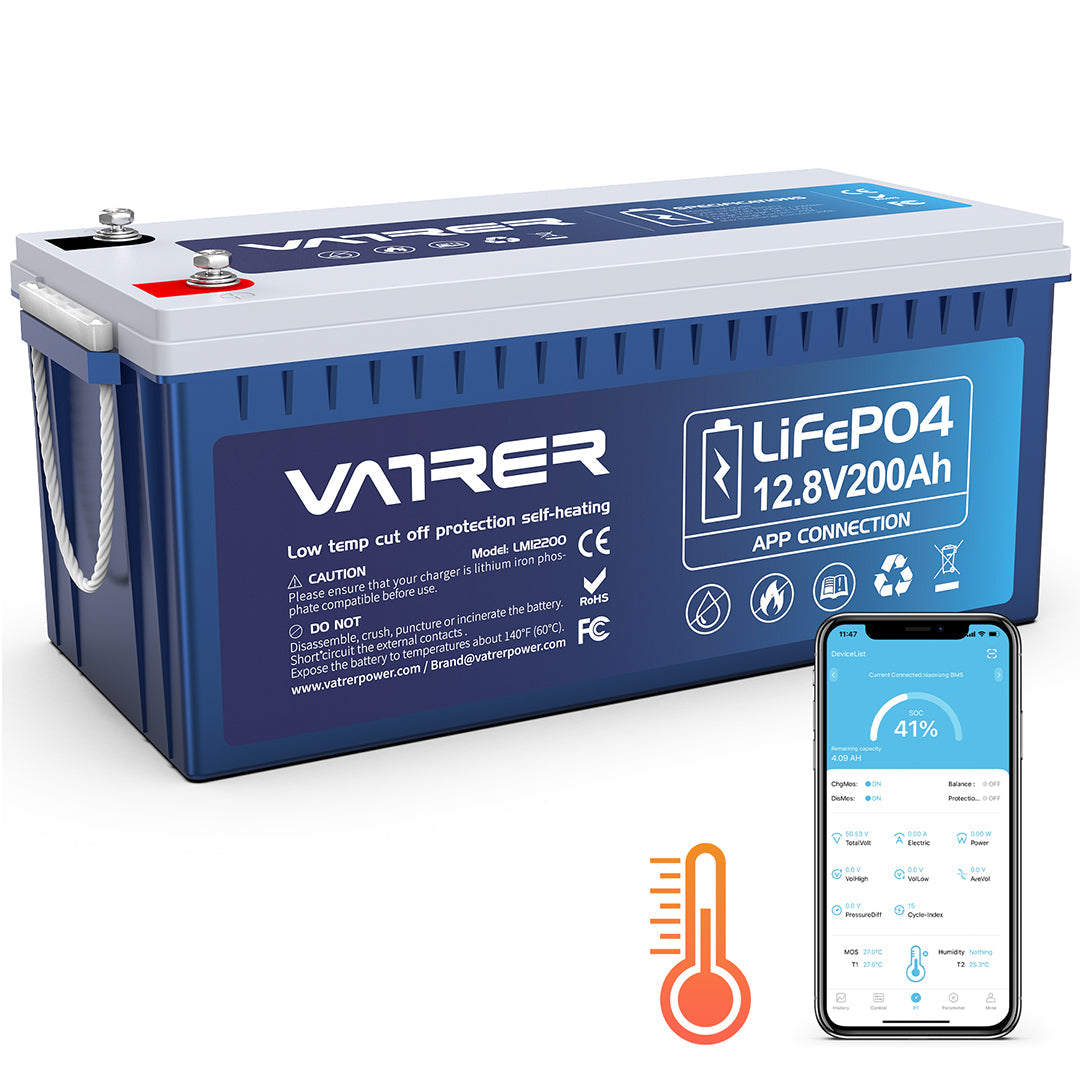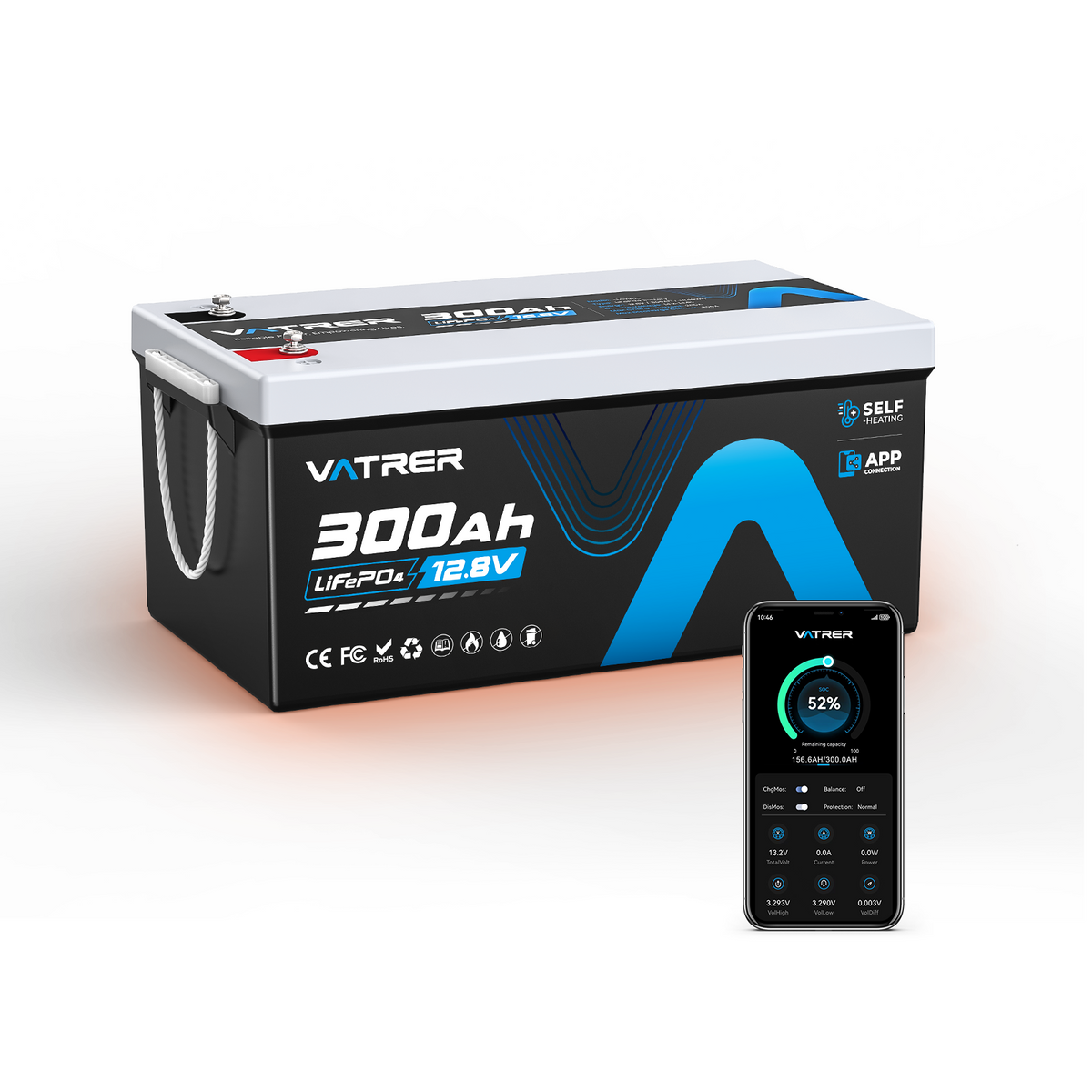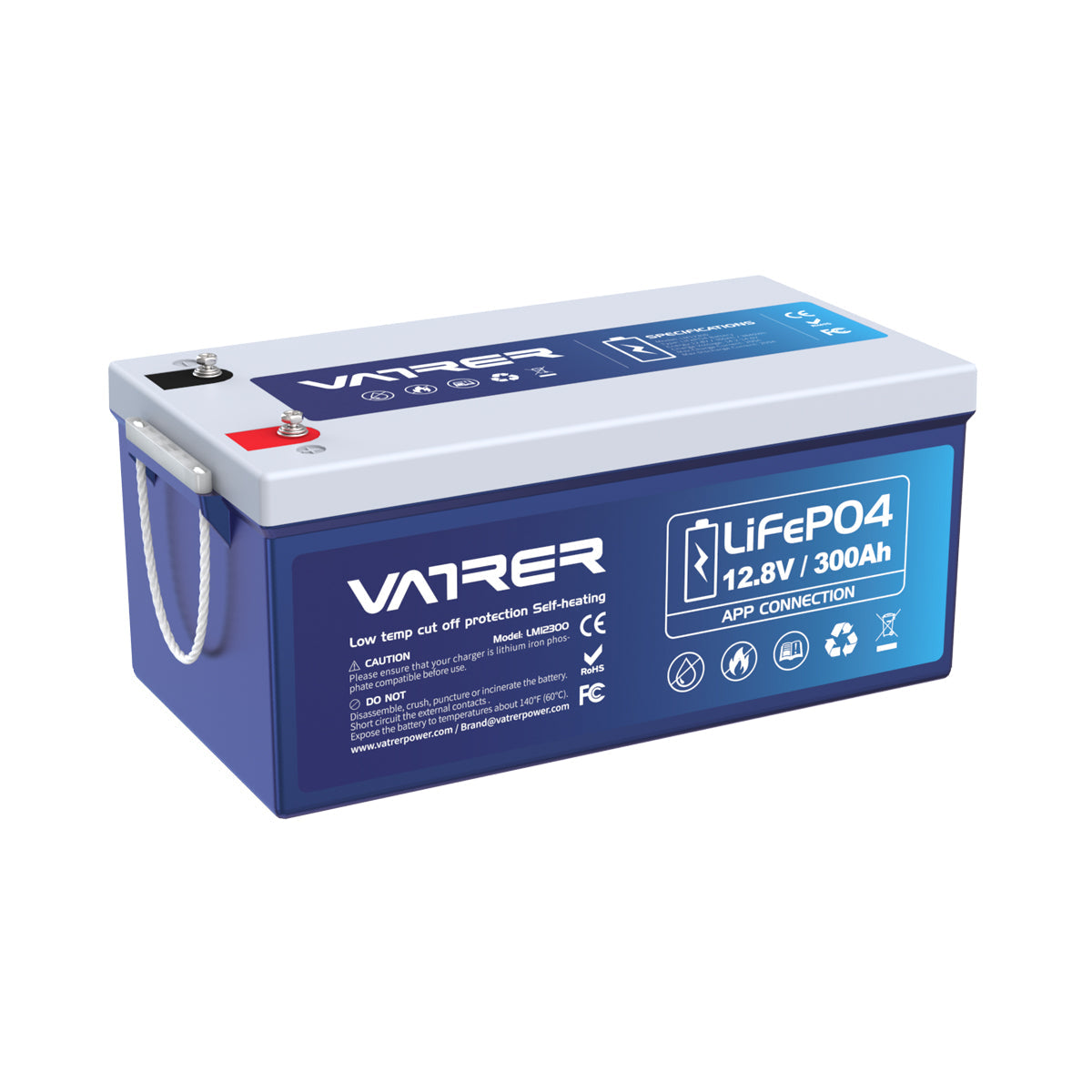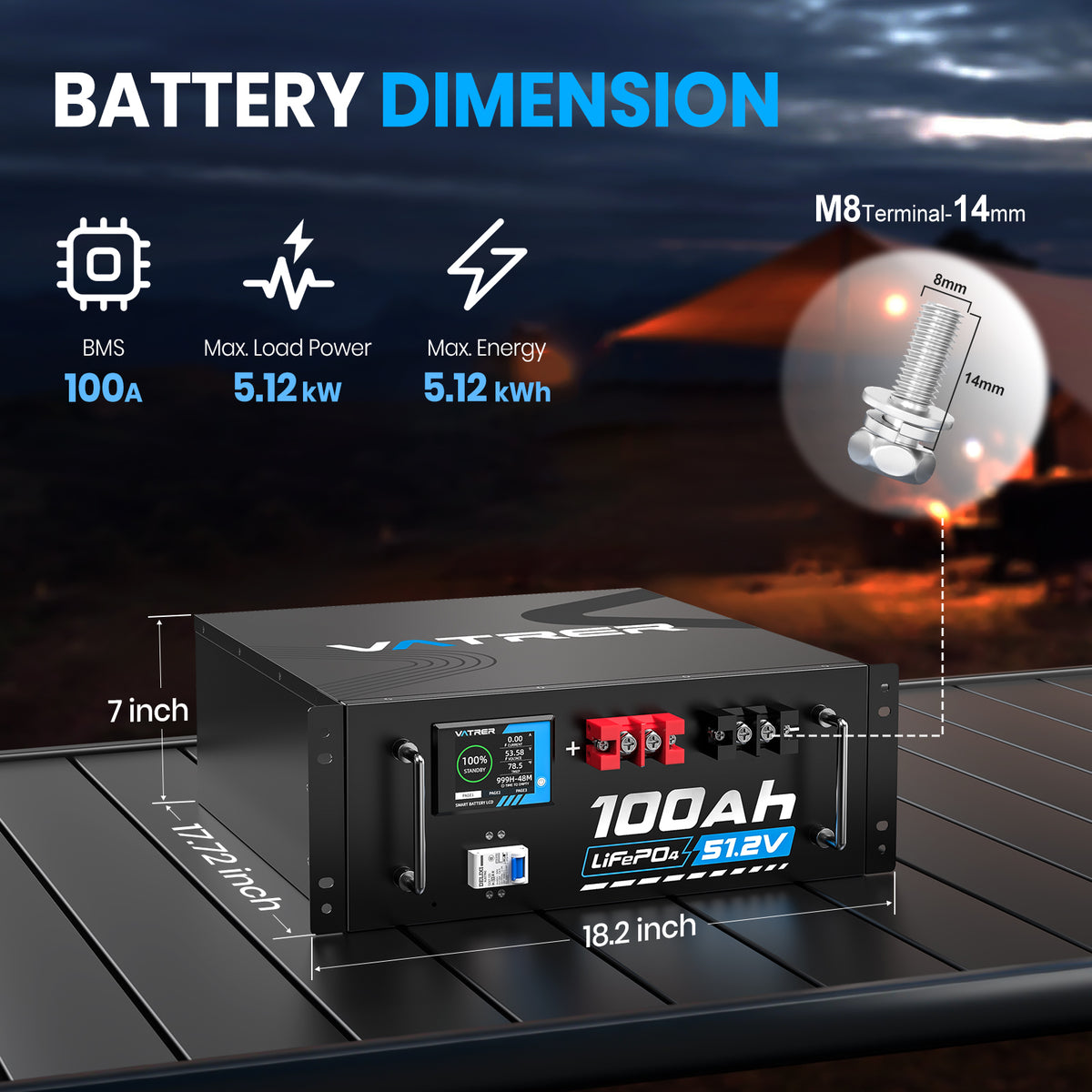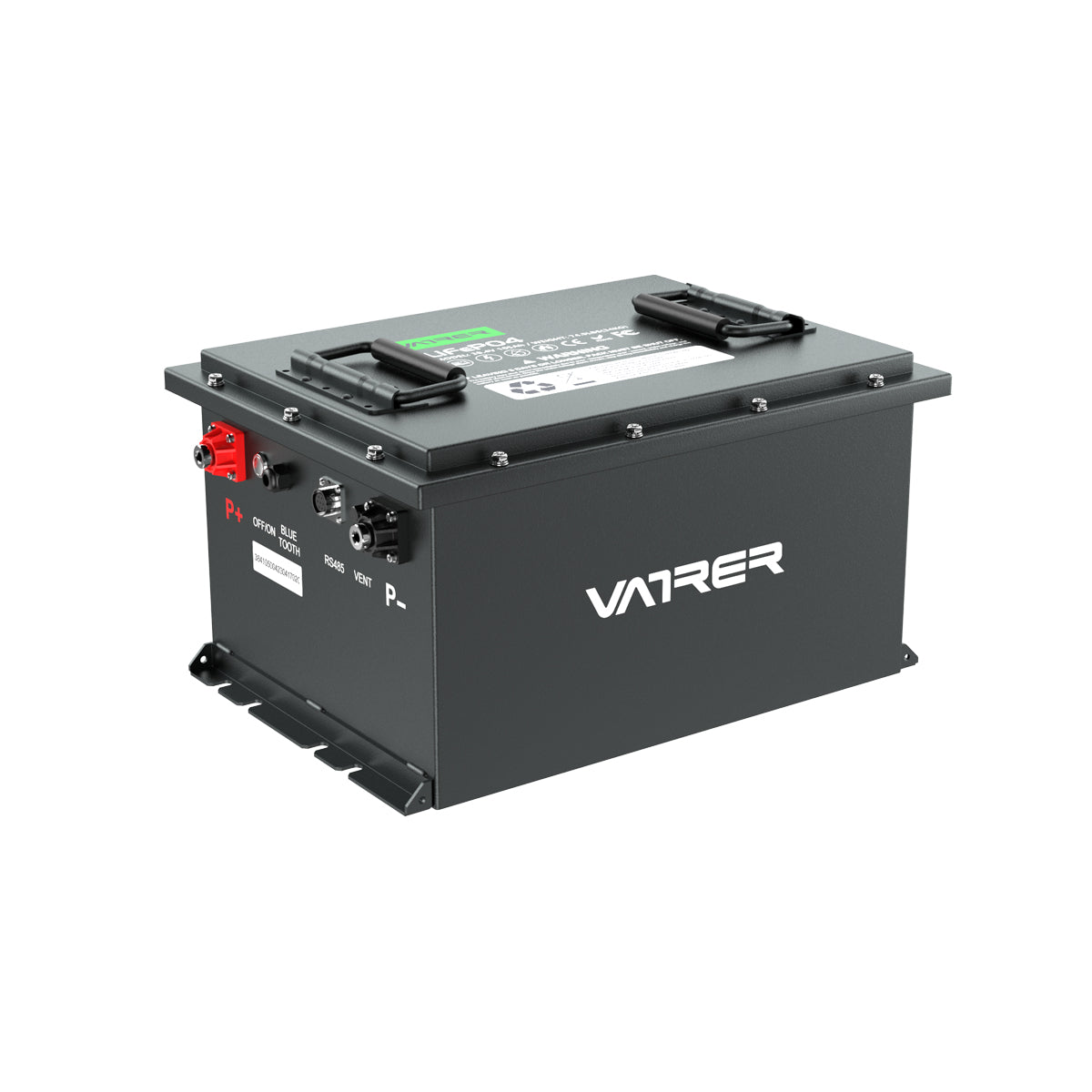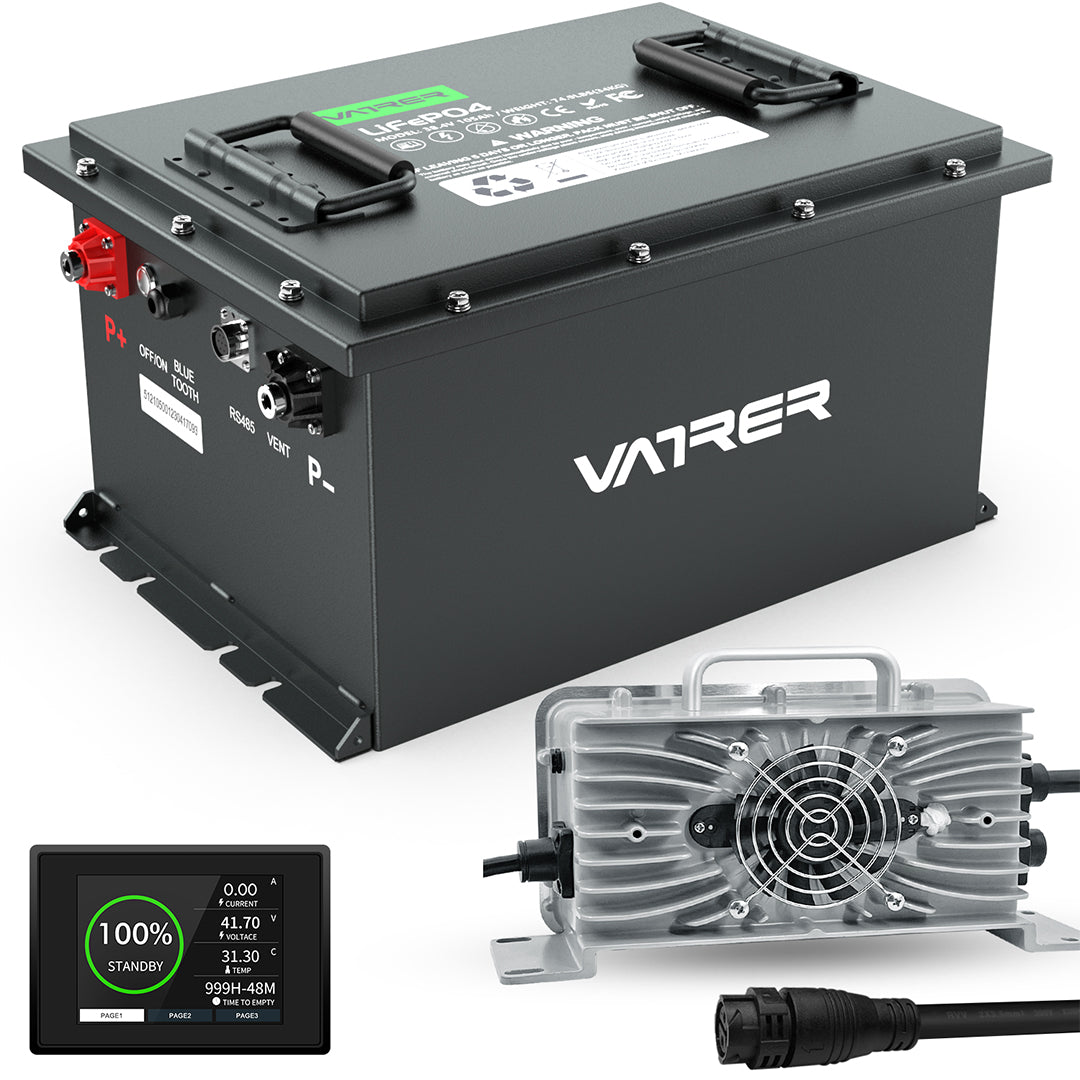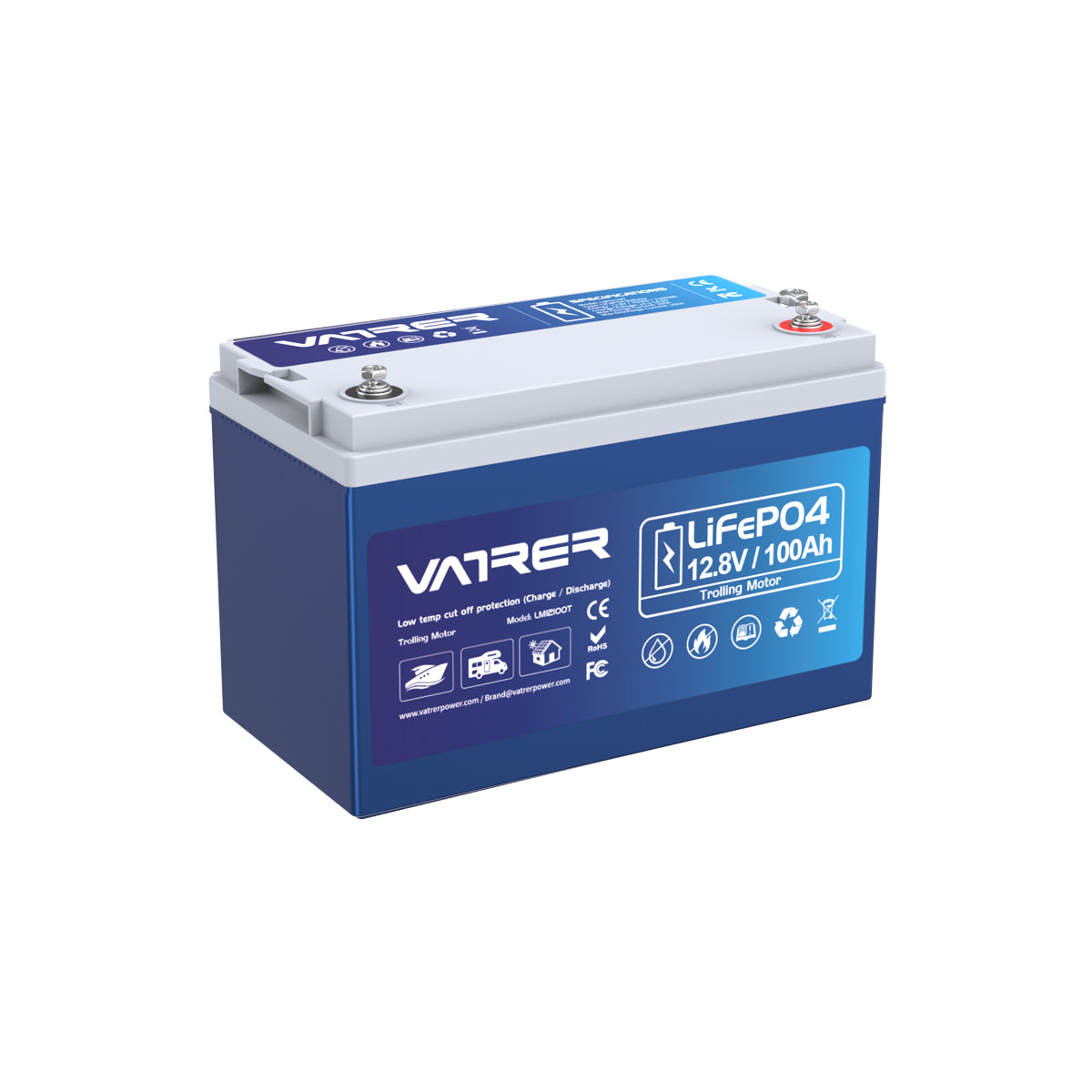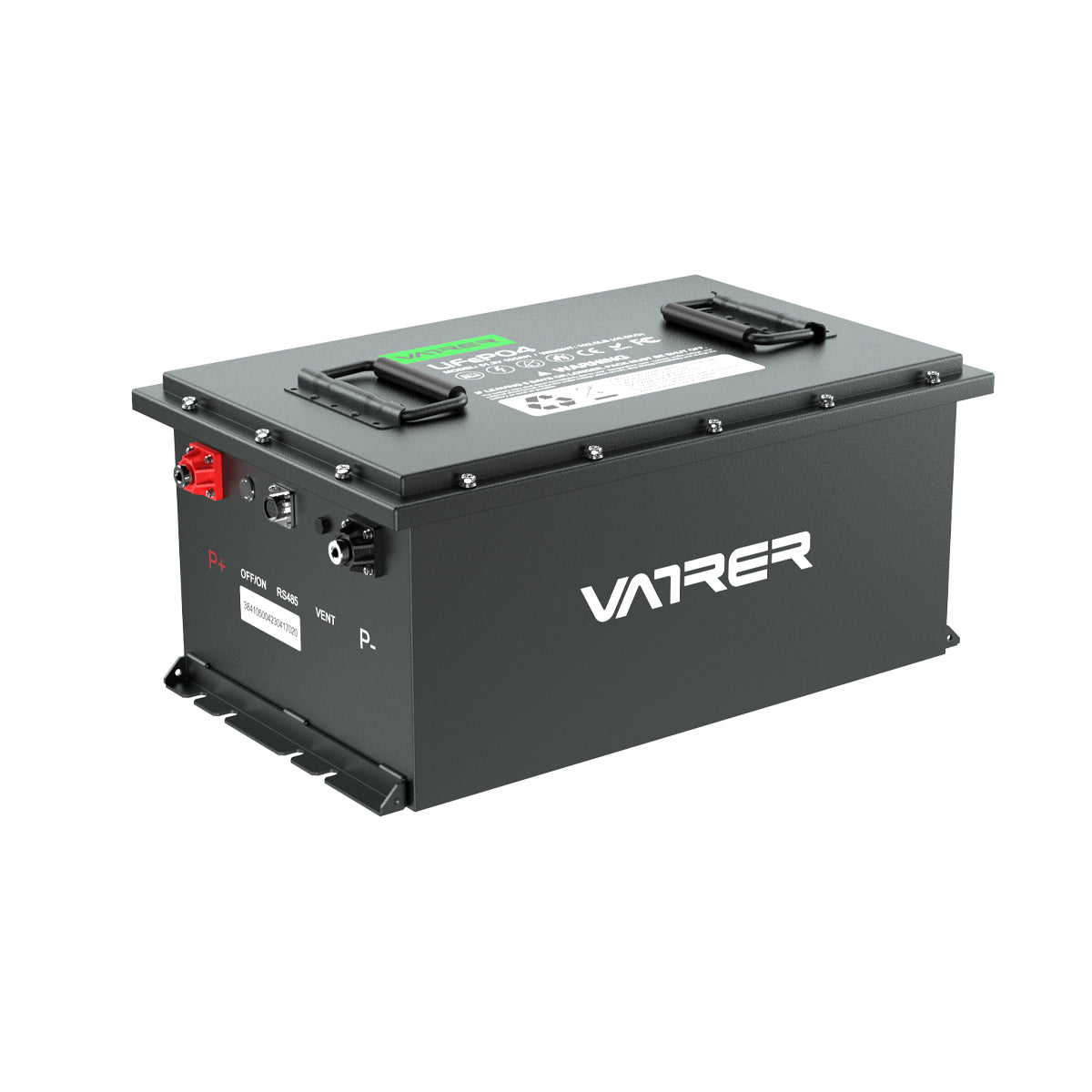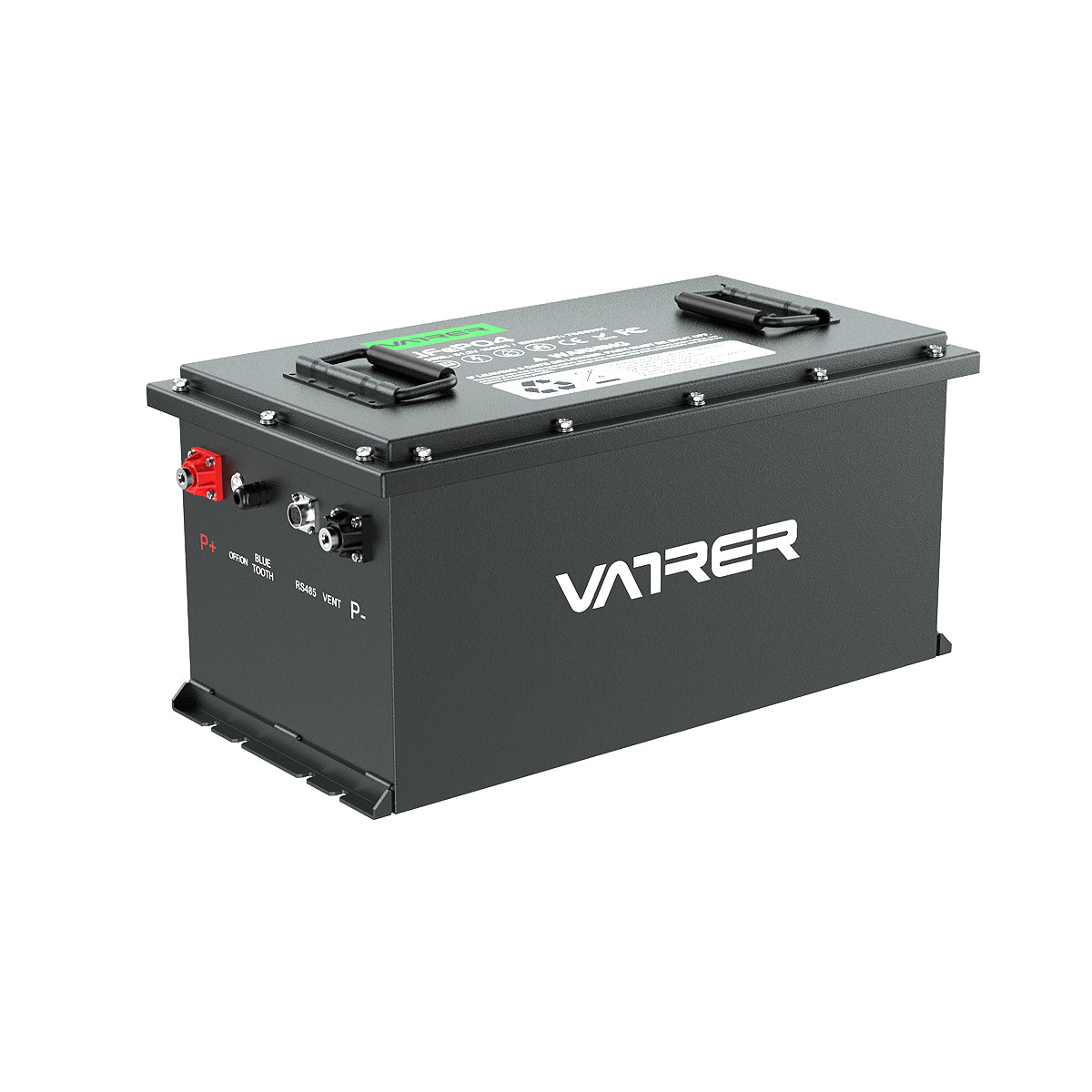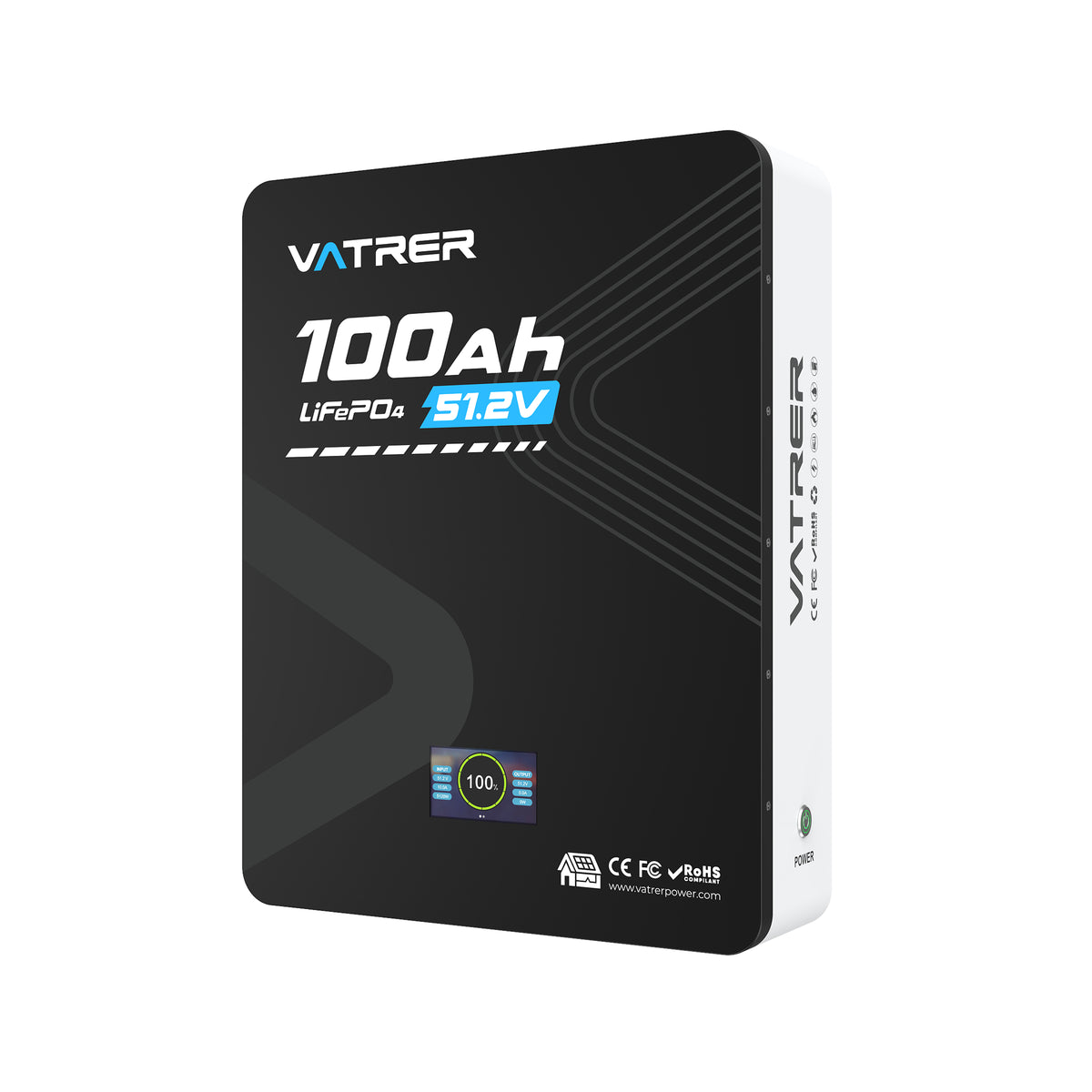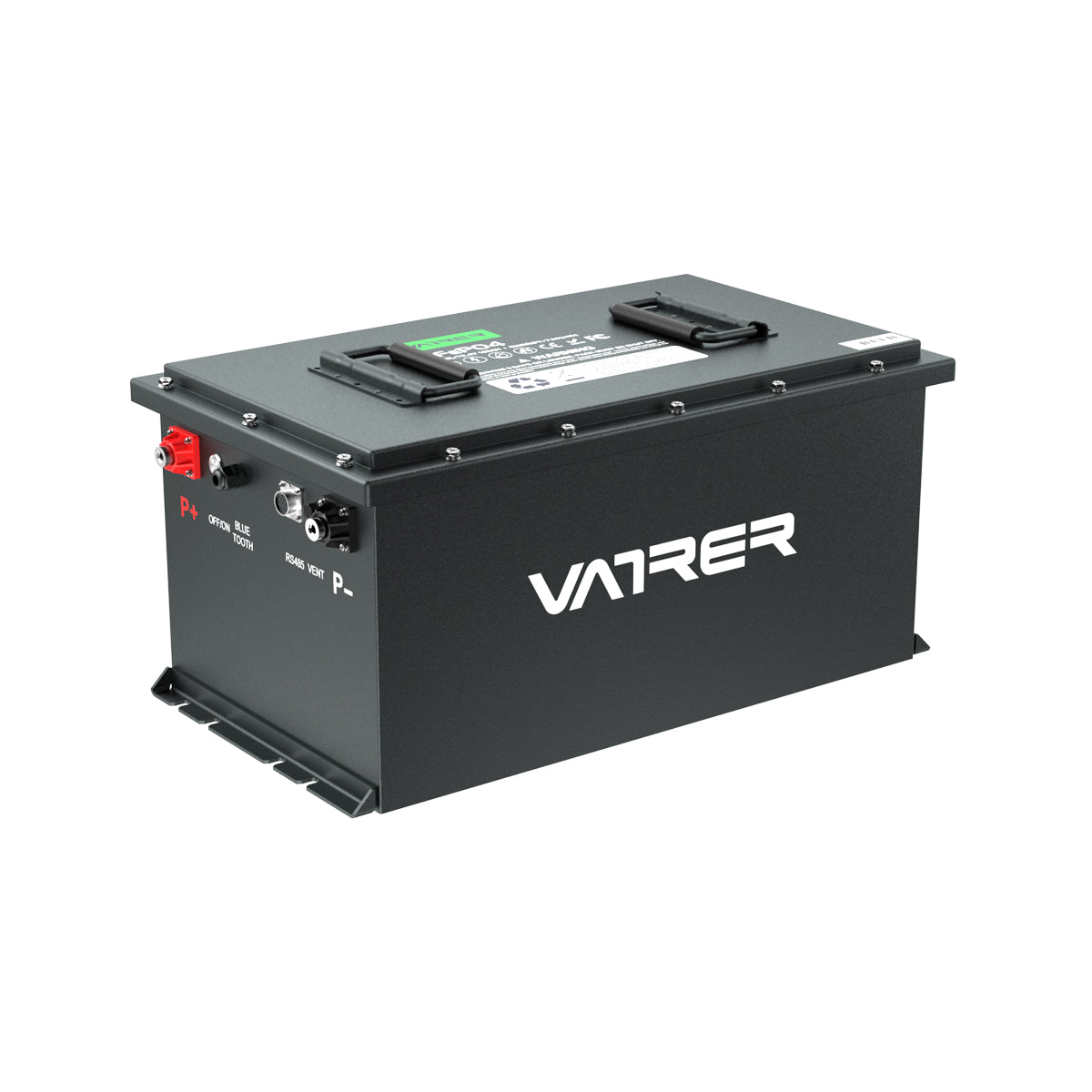1. Introduction
Importance of Solar Energy
Solar energy has emerged as a pivotal component in the global shift towards sustainable energy solutions. As the world grapples with the challenges of climate change and the depletion of fossil fuels, solar energy offers a renewable, clean, and abundant source of power. Harnessing the sun's energy not only reduces carbon emissions but also decreases dependency on non-renewable resources, making it an essential part of the energy mix for a sustainable future.
Overview of Solar Panel and Battery Systems
Solar panel and battery systems are integral to the effective utilization of solar energy. Solar panels convert sunlight into electricity, which can be used immediately or stored in batteries for later use. This capability is particularly beneficial for off-grid applications, where access to conventional power sources is limited. Among the various battery systems, 12V batteries are commonly used due to their versatility and compatibility with a wide range of applications.
2. Understanding 12V Battery Systems
Types of 12V Batteries
12V batteries come in several types, each with distinct characteristics and applications:
-
Lead-Acid Batteries: These are the most traditional type of 12V batteries, known for their reliability and cost-effectiveness. They are commonly used in automotive and backup power applications. However, they require regular maintenance and have a shorter lifespan compared to other types.
-
Lithium-Ion Batteries: These batteries are gaining popularity due to their high energy density, longer lifespan, and low maintenance requirements. They are ideal for portable electronics and renewable energy systems.
-
Nickel-Cadmium (NiCd) and Nickel-Metal Hydride (NiMH) Batteries: While less common in solar applications, these batteries offer good performance in extreme temperatures and have a moderate lifespan.

Applications of 12V Batteries
12V batteries are used in a variety of applications, including:
-
Automotive: Powering vehicles and providing backup for electrical systems.
-
Recreational Vehicles (RVs): Supplying energy for lighting, appliances, and other onboard systems.
-
Marine: Powering boats and marine equipment.
-
Off-Grid Solar Systems: Storing solar energy for use when sunlight is not available.
-
Emergency Backup Systems: Providing power during outages.
3. Solar Panel Basics
How Solar Panels Work
Solar panels, also known as photovoltaic (PV) panels, convert sunlight into electricity through the photovoltaic effect. When sunlight strikes the solar cells within the panel, it excites electrons, creating an electric current. This direct current (DC) can be used to charge batteries or converted to alternating current (AC) for household use through an inverter.

Factors Affecting Solar Panel Efficiency
Several factors influence the efficiency of solar panels:
-
Sunlight Intensity: The amount of sunlight received directly impacts the energy output of a solar panel. Regions with higher solar insolation will generate more electricity.
-
Panel Orientation and Tilt: Proper alignment with the sun maximizes energy capture. Panels should be oriented towards the equator and tilted at an angle equal to the latitude of the location.
-
Temperature: High temperatures can reduce the efficiency of solar panels. Panels are typically rated at 25°C, and efficiency decreases as temperature rises.
-
Shading: Even partial shading can significantly reduce a panel's output. It's crucial to install panels in locations free from obstructions like trees or buildings.
4. Calculating Solar Panel Size for 12V Battery
Energy Requirements of 12V Batteries
To determine the appropriate solar panel size, it's essential to understand the energy requirements of the 12V battery. This involves calculating the total energy consumption and the battery's capacity, typically measured in ampere-hours (Ah).
For example, a 100Ah 12V battery can store 1200 watt-hours (Wh) of energy (12V x 100Ah). To fully charge this battery, the solar panel must generate at least this amount of energy, accounting for inefficiencies and losses in the system.
Factors Influencing Panel Size
Several factors influence the size of the solar panel needed:
-
Battery Capacity: Larger batteries require more energy to charge, necessitating larger or more numerous panels.
-
Sunlight Availability: The average daily sunlight hours in a location affect the panel's ability to generate energy. Areas with less sunlight require larger panels to compensate.
-
System Efficiency: Losses in the system, such as those from the charge controller and wiring, must be considered. Typically, a system efficiency of 70-80% is assumed.
-
Desired Charging Time: The time available to charge the battery also impacts panel size. Faster charging requires more power.
5. Case Studies and Examples
Different Scenarios for Solar Panel Sizing
-
Scenario 1: Off-Grid Cabin
-
Battery: 12V, 200Ah
-
Location: Average of 5 peak sunlight hours per day
-
Panel Requirement: To fully charge the battery in one day, approximately 480W of solar panels are needed (200Ah x 12V / 5 hours / 0.8 efficiency).
-
-
Scenario 2: RV Application
-
Battery: 12V, 100Ah
-
Location: Average of 4 peak sunlight hours per day
-
Panel Requirement: Approximately 375W of solar panels are needed (100Ah x 12V / 4 hours / 0.8 efficiency).
-
Practical Examples and Calculations
Consider a 12V, 100Ah lead-acid battery used in an off-grid solar system. The goal is to recharge the battery fully in one day. Assuming an average of 6 peak sunlight hours per day and a system efficiency of 75%, the calculation would be:
-
Energy Needed: 100Ah x 12V = 1200Wh
-
Adjusted for Efficiency: 1200Wh / 0.75 = 1600Wh
-
Panel Size: 1600Wh / 6 hours = 267W
Thus, a 300W solar panel would be appropriate to ensure full charging under these conditions.
6. Additional Considerations
Role of Solar Charge Controllers
A solar charge controller is essential in any solar power system to regulate the voltage and current coming from the solar panels to the battery. It prevents overcharging, which can damage the battery, and ensures efficient energy transfer. There are two main types of charge controllers:
-
Pulse Width Modulation (PWM): These are simpler and more cost-effective, suitable for smaller systems.
-
Maximum Power Point Tracking (MPPT): These are more efficient, especially in larger systems, as they adjust the input voltage to maximize power output.
Impact of Weather and Geographical Location
Weather conditions and geographical location significantly impact solar panel performance. Cloudy or rainy days reduce sunlight availability, necessitating larger panels or additional storage capacity. Similarly, locations at higher latitudes receive less sunlight, affecting energy generation.
7. Conclusion
Summary of Key Points
Determining the appropriate size of a solar panel to charge a 12V battery involves understanding the battery's energy requirements, the available sunlight, and the system's efficiency. By considering these factors, one can select the right panel size to ensure efficient and reliable energy storage.
Future Trends in Solar Technology
As solar technology continues to advance, we can expect improvements in panel efficiency, battery storage capacity, and system integration. Innovations such as bifacial panels, perovskite solar cells, and enhanced energy management systems will further enhance the viability and effectiveness of solar energy solutions.
In conclusion, solar panel sizing for 12V batteries is a critical aspect of designing efficient solar power systems. By carefully considering the factors outlined in this paper, individuals and organizations can optimize their solar installations for maximum performance and sustainability.







